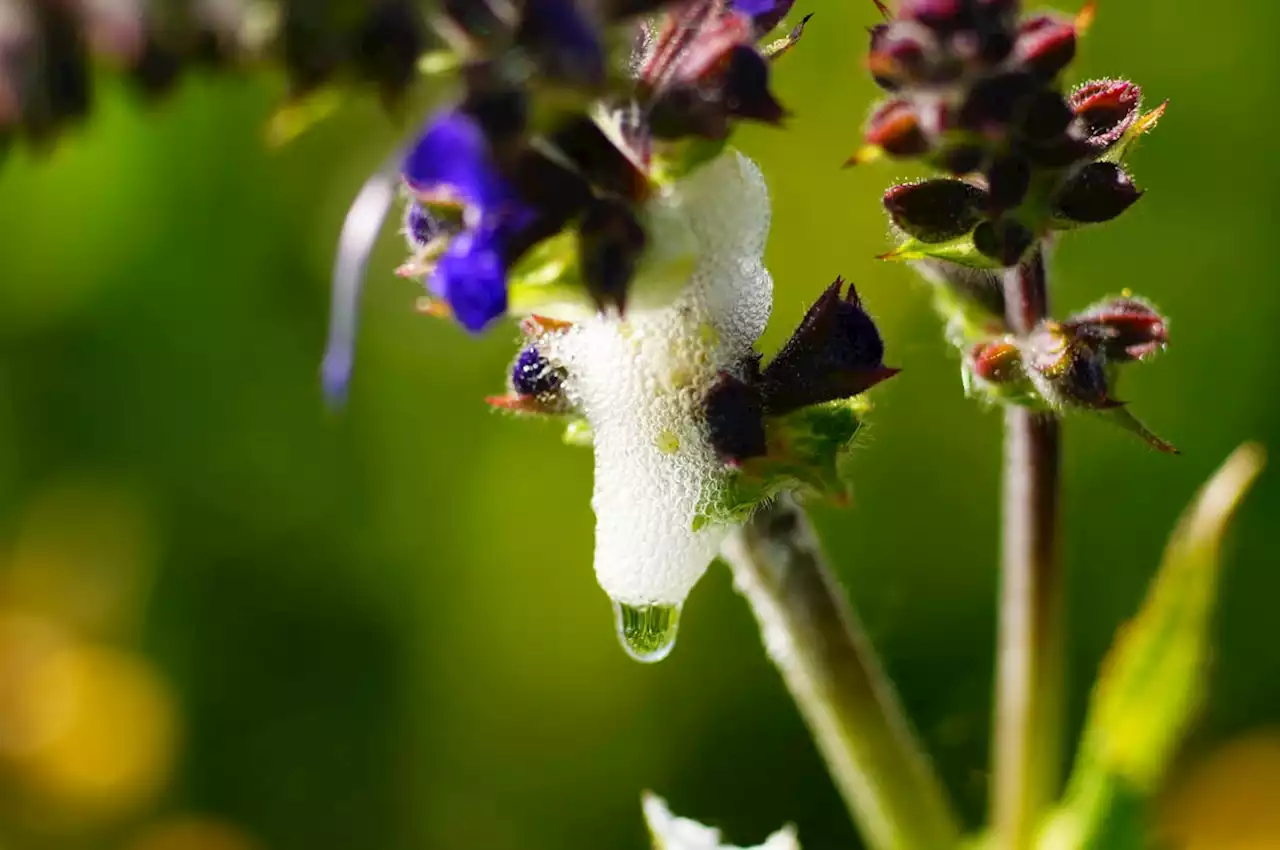Experts share exactly what to look for to prevent flare-ups in the sun.
, a Pennsylvania-based board-certified dermatologist, this term actually references a product that likely has ingredients added to neutralise the odour of a product and make it less offensive. “If your goal is to have a product that is truly without actual fragrances , then these products will usually be labeled ‘fragrance-free,’” she said.
“Because chemical sunscreens work by converting the UV light energy to heat, they can cause irritation in the skin,” she said. “The heat that’s produced by this process can generate more inflammation, thereby propagating the inflammation to sensitivity to itching to the irritation cycle of eczema.” Those with eczema will want to avoid anything that can contribute to further inflammation in the skin.
You can also opt for in-office patch testing, which Garshick said “evaluates multiple different ingredients that may be found in sunscreens such as preservatives, fragrances and chemical UV filters.” This can be insightful in determining if you’re allergic to a specific ingredient.Your skin barrier is a physical barrier made up of “lipids, ceramides and fatty acids that work to keep moisture in and external irritants out,” Garshick explained.
One way to ensure your skin barrier is intact is to choose products containing ingredients that hydrate the skin. “This could include ingredients such as ceramides and hyaluronic acid, and even some anti-inflammatory ingredients such as niacinamide,” Ilyas said. Another way to optimize your skin barrier is to avoid ingredients that may lead to inflammation, such as retinol, AHAs and BHAs
Ireland Latest News, Ireland Headlines
Similar News:You can also read news stories similar to this one that we have collected from other news sources.
 Dementia experts share tell-tale signs of 'time bomb' diseaseThe awful disease, which can see patients forgetting their dearest family members, affects more than 850,000 people in the UK according to the NHS
Dementia experts share tell-tale signs of 'time bomb' diseaseThe awful disease, which can see patients forgetting their dearest family members, affects more than 850,000 people in the UK according to the NHS
Read more »
 Experts warning over potentially ‘harmful’ plant froth & why you should report itGardeners across the UK may begin to notice a white froth appearing on plants over the coming weeks - here’s what it is and why you should report it
Experts warning over potentially ‘harmful’ plant froth & why you should report itGardeners across the UK may begin to notice a white froth appearing on plants over the coming weeks - here’s what it is and why you should report it
Read more »
